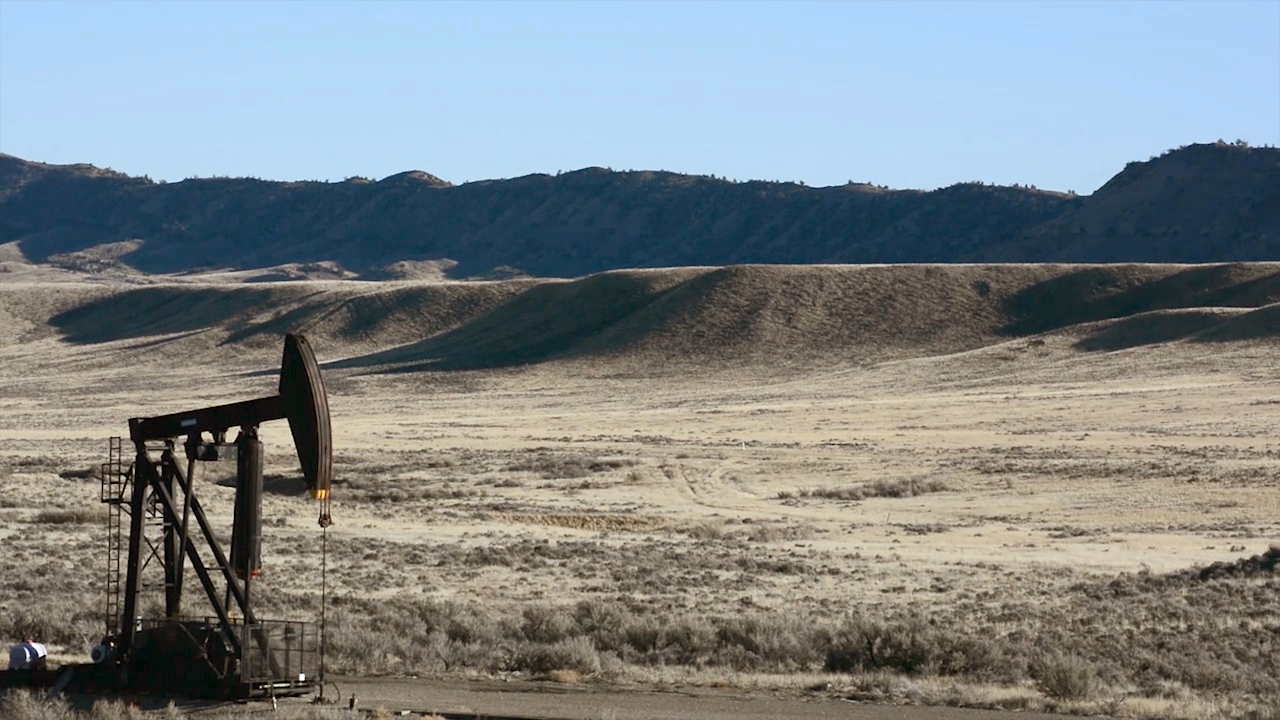Two years after BP and Shell shareholders resoundingly passed resolutions requiring the oil majors to factor climate change risks into their corporate strategy and accounting, the two companies are disclosing no more than bare minimum, a new report has found.
The report, published by responsible investment nonprofit ShareAction – which was involved in the push to pass these climate resolutions in 2015 – found that while they have taken the necessary steps to meet their new disclosure commitments, the two oil companies are failing to plan for a more rapid transition to a low-carbon economy.
As ShareAction’s report argues, the companies may be publicly supporting the Paris Agreement, but their actions are not living up to their words.
The climate resolutions adopted by each company require them to report on their respective emissions, resilience to different climate change scenarios, research and investment in low-carbon technology, executive incentives and evaluation, and public policy positions on climate change.
“Disclosure is important, yes,” ShareAction’s press officer Beau O’Sullivan told DeSmog UK, “but it’s just a marketing tool if it’s not followed up by tangible actions.”
Both firms have, for example, lobbied against setting a carbon price to limit emissions, despite publicly supporting carbon pricing.
And neither firm has yet to set a target to reduce its greenhouse gas emissions. According to the report, while BP claims to be focusing on its operational emissions and efficiency, the company’s direct emissions have increased by just over one million tonnes of CO2 equivalent from 2015 and 2016.
Meanwhile, Shell did reduce its emissions compared to 2015 levels but expects them to increase again in the future, stating “we may potentially be developing resources that require more energy and advanced technologies to produce … this could result in an associated increase in direct GHG [greenhouse gas] emissions from our upstream facilities.” This year shareholders rejected a proposal to require the oil company to reduce its emissions.
The share of each company’s investment in low-carbon technologies is also a fraction of their business. BP’s low-carbon investments represent just 1.3 percent ($200 million) of its total capital expenditure while Shell has pledged to invest 3 percent ($1 billion per year) of its annual expenditure by 2020.
When it comes to stress-testing their business models against warming scenarios developed by the International Energy Agency, including limiting temperature increases to two degrees above preindustrial levels, Shell and BP do not provide in-depth information about their analysis or resilience to these scenarios the report found. And, the baseline scenarios used by the companies instead are more in-line with three to five degrees of warming.
“This suggests that neither company is aligning their business models for less than two degrees resilience,” ShareAction argues.
Shell has, in part, acknowledged this, stating that it “has no immediate plans to move to a net-zero portfolio over our investment horizon of 10-20 years”.
And BP chief executive Bob Dudley has said recently that “we see oil and gas continuing to meet at least half of all demand for the next several decades.”
The two oil giants’ executive incentives also continue to be weighted towards fossil fuel production. “This could incentivise executive behaviour that is misaligned with the long-term interests of shareholders,” the report states.
“Shell and BP want to have their oil and drink it too, by advocating for the landmark Paris Agreement to limit global temperature rises to below two degrees Celsius, while planning for scenarios that would violate it,” said ShareAction senior campaigns officer Michael Chaitow in a statement. “Our report exposes an uncomfortable discrepancy between Shell and BP’s public support for a low-carbon economy and their actual business planning.”
Photo: Bureau of Land Management via Flickr | CC2.0
Subscribe to our newsletter
Stay up to date with DeSmog news and alerts







